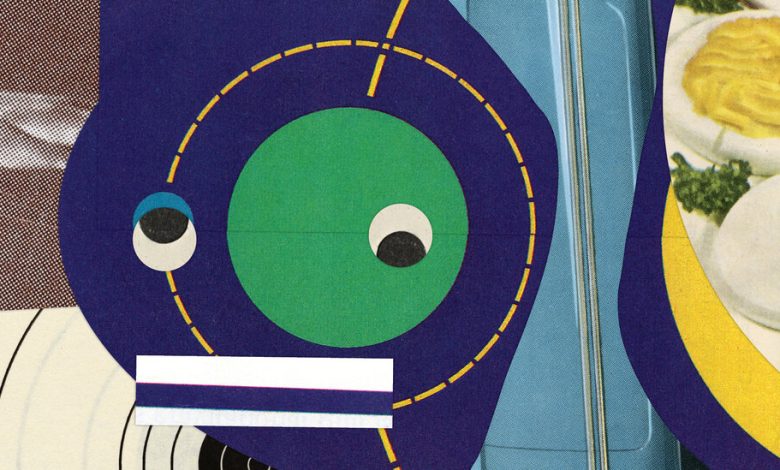3 Story Collections That Show Just How Strange Life Can Be

We were promised a future full of innovation, a tomorrow filled with sleek technologies that would whisk us far away from the most mundane aspects of our humanity. Technology has indeed gotten sleeker — so why do we seem so stubbornly the same? The wistful, emotionally unmoored protagonists of the Korean writer Bora Chung’s second story collection, YOUR UTOPIA: Stories (Algonquin Books, 241 pp., $18.99), translated by Anton Hur, do their best to navigate this quandary.
In one story, a low-level employee at the Center for Immortality Research organizes an anniversary party at the institution even as the question of her own immortality hovers in the background. In another, a highly contagious disease that causes cannibalism sweeps the planet, eventually reaching a spaceship where the government is working desperately to develop a cure. The epidemic is horrifying, but that doesn’t prevent Chung from finding humor in it. “Aside from the afflicted’s tendency to regard other people as food, they were completely normal,” she writes. “It was only when cannibalism was mentioned in conversation that they responded abnormally, most notably their uniform insistence that eating people did not kill the eaten.”

Chung builds out her stories with imagination, absurdity and a dry sense of humor, all applied with X-Acto knife precision, but what stands out about her fantastical tales is not how different they are from one another so much as how much remains the same. No matter the premise behind a story, jobs still suck, suffering is still the natural product of living under society’s thumb and not even looming threats, like the danger of being eaten, can keep people from adhering to familiar structures of authority.
All of this might sound grim, but Chung’s deft handling makes these fraught obediences and tender concerns feel powerfully human. In the title story, for instance, a sentient self-driving vehicle left on Earth after humans have fled the planet finds meaning in ferrying around a damaged robot. Though the vehicle is only a smart object, its experience is richly emotive and tinged by the paradoxical affects that circulate at the end of the world. “If I want to conserve energy during the sunless nights, I need to think less. But here I am in the dark, having thoughts about having fewer thoughts.” Same, bestie.